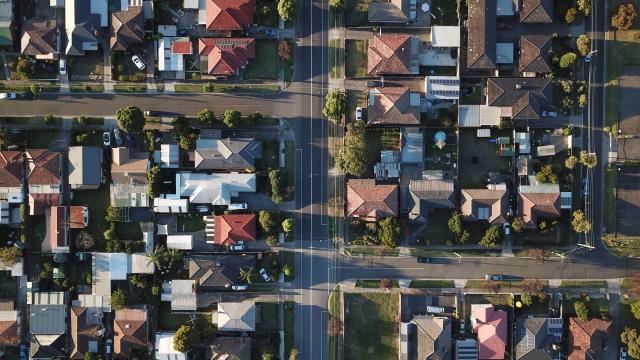Liam McNally
Higher density housing in Melbourne’s middle suburbs doesn’t mean governments should ignore growth planning in Melbourne’s growing fringes, according to a new report from Interface Councils.
Interface councils are a group of 10 councils including Melton that form a ring around metropolitan Melbourne.
Recently, during Interface Week 2023, representatives from interface councils and state governments met to discuss planning issues and Dr Marcus Spiller launched his report “Melbourne’s growth management opportunity”.
Dr Spiller’s research shows that the state government’s proposed 70-30 housing commitment, which suggests 70 per cent of net additional housing be in the established parts of the metropolis and 30 per cent in greenfield areas, will have a “modest” impact on growth across Melbourne’s outer suburban councils.
“Even if the state government’s 70-30 objective is met, the Interface councils’ population is still expected to reach 2.5 million by 2036, compared to 2.7 million on current projections, a reduction of only 6 per cent,” he said.
“Melbourne’s growth management strategies for the outer suburbs will need to be a collaborative effort between governments for successful urban transformation.”
Dr Spiller also underscored the principle of people living in the Interface regions sharing the same economic opportunity as the rest of Melbourne.
“My research shows that residents on the fringe have limited economic opportunities compared to the average Melburnian. Addressing this gap is vital for unlocking the city’s full potential and promoting prosperity for all residents,” he said.
The report predicted that with a 30-70 approach, Melton would reach a population of 297,891 by 2036, or 327,483 without it.
Melton mayor Lara Carli said in principle council supports the policy to direct more growth to where transport infrastructure already exists, However, the shift to 70/30 does not remove the need for investment in fast growing communities, many of which have decades of growth to come.
“Our population is already larger than every inner-city municipality in Melbourne and there is a current need for improved public transport and to upgrade roads that are congested and of a rural standard,” she said.
A state government spokesperson said housing is currently the most important issue in the state.
“That’s why we’re making sure there is a mix of social, affordable and market housing in established suburbs close to transport, jobs and essential services,” they said.
“We are delivering road and rail upgrades right across Melbourne’s west, with the $650 million Melton Line Upgrade set to allow bigger and better trains to run.”







